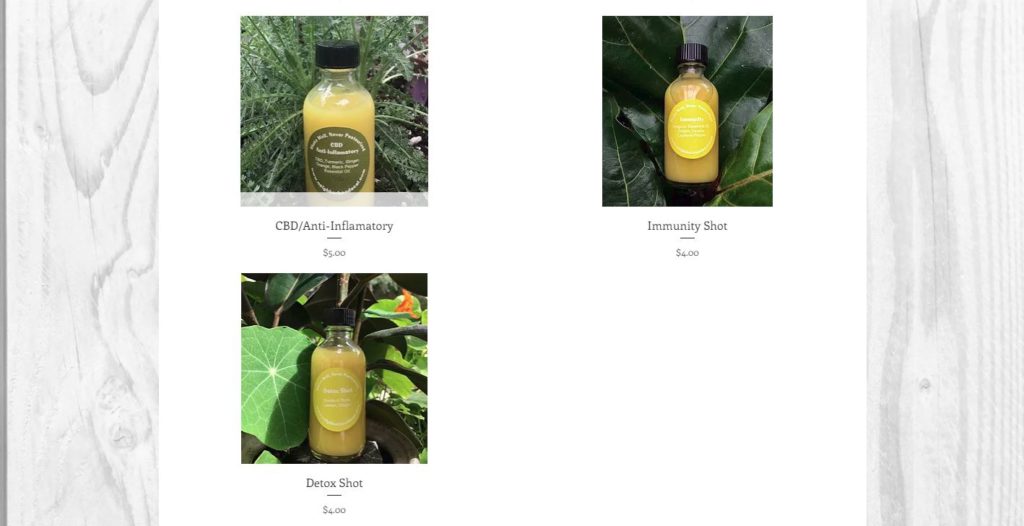California lawmakers are considering a bill to legalize CBD, or Cannabidiol, and hemp in food but many restaurants and cafés in San Luis Obispo County are already serving up the feel-good ingredient.
SLO County’s Food Inspection Department recently mailed out notices to the owners of over 1,600 local restaurants and cafés to warn them that CBD and hemp are not yet legal additives to food and drinks.
“While there’s a lot of CBD products out there that are commercially available, nonetheless, it’s currently not legal to sell food or drinks with CBD,” said SLO Environmental Health Supervisor Laurie Salo.
A manager at The Neighborhood Acai and Juice Bar off Foothill Boulevard said Friday that they received the mailer and, as a result, will no longer be selling their popular CBD-infused juice.
At Seeds on Garden Street in downtown San Luis Obispo, pepita seeds, berries and almonds give acai bowls a pop of flavor and a satisfying crunch but another item on the menu is higher profile.
“We have a hemp protein that we add as well,” said Seeds Manager Everett Marr. “We have Whaleird Kombucha with CBD on tap. That’s been super popular. We can barely keep our kegs full around here.”
Across the way, Bliss Café offers hemp in its bowls, as does Joy in Shell Beach and Shine Café in Morro Bay.

“When we do run across it and we have, we ask them to remove it,” Salo said, adding that while hemp and CBD may be trendy, they’re not legal in food and drinks.
CBD is derived from cannabis but does not get people high like THC. Rather, it’s been found in some studies to help with anxiety and stress. Hemp is a strain of cannabis grown for industrial uses.
The FDA currently limits the sale of THC, CBD, and hemp in food and drinks to dispensaries and retail stores.
In a letter on the issue from the California State Attorney General’s Office dated January 24, 2019, the issue is further explained: “Although California currently allows the manufacturing and sales of cannabis products (including edibles), the use of industrial hemp as the source of CBD to be added to food products is prohibited. Until the FDA rules that industrial hemp-derived CBD oil and CBD products can be used as a food or California makes a determination that they are safe to use for human and animal consumption, CBD products are not an approved food, food ingredient, food additive, or dietary supplement.”
But with the decriminalization of hemp in the 2018 Farm Bill, California legislators are moving to legalize CBD and hemp as ingredients used in restaurants and cafés.
According to Salo, many local businesses are getting an unlawful head-start thanks to hasty distributors.

“We have recipients here, stores and small facilities that have received it and advised, ‘oh it’s OK, because it’s not THC’, but that’s not exactly correct,” Salo said.
Salo said her office alerts state officials when they learn of distributors who are misleading local business owners.
Restaurant and café owners who do not remove the CBD and hemp-infused items from their menus will have the items confiscated, Salo said, but no fines will be assessed.
If the law to legalize CBD and hemp in food and drinks takes effect, managers at local places like High Street Deli, The Neighborhood, and Seeds say they do have an appetite for it.
“Adding CBD to smoothies, bowls, other things, would give us that infusion of health trends we really accelerate in here,” Marr said.

